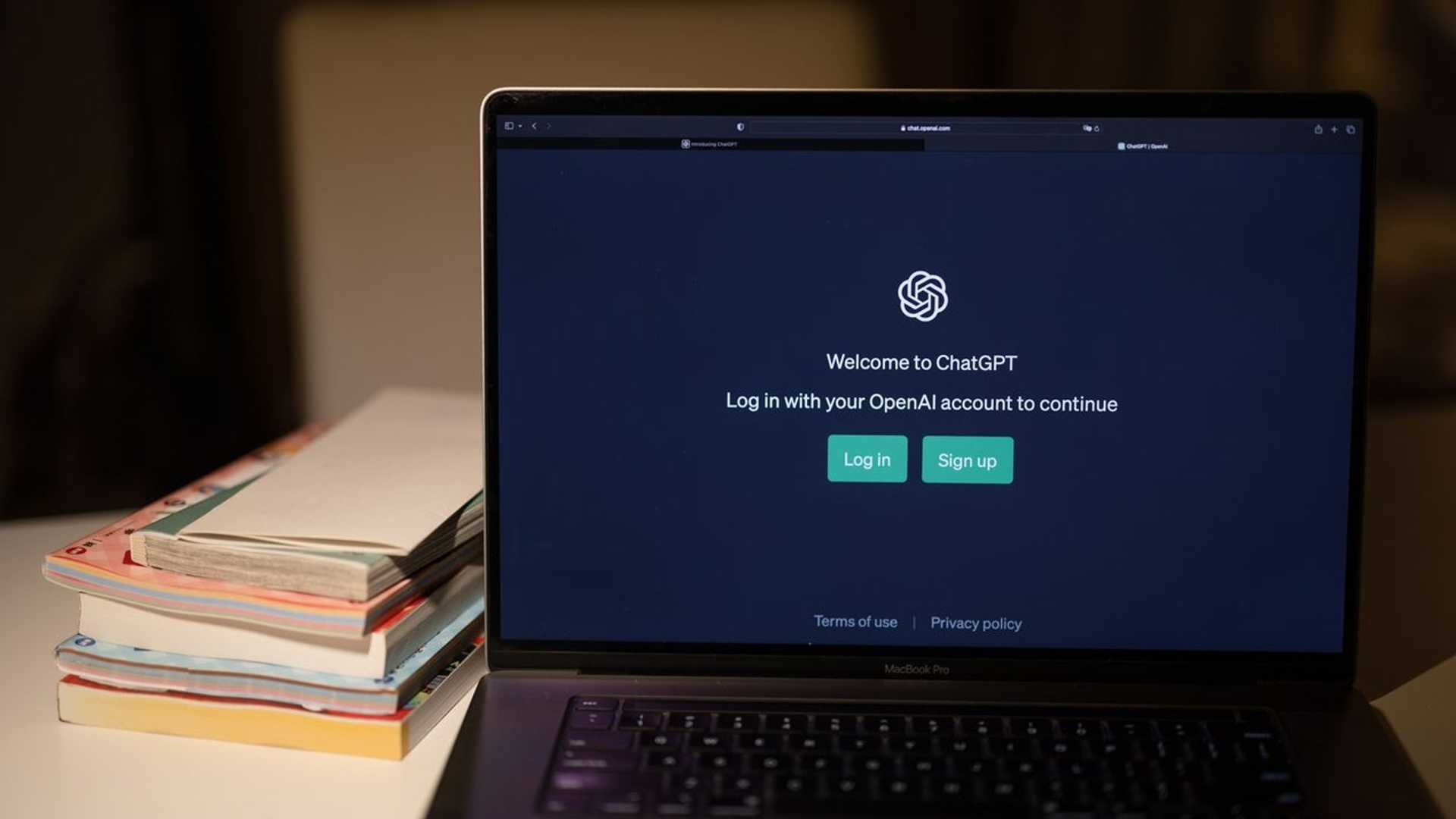What You Should Know About AI Chatbots Like ChatGPT
Chatbots powered by artificial intelligence (AI) like ChatGPT have been a topic of debate lately. There has been a discussion around its impact, both positive and negative, on society. In this article, we will explore what you should know about ChatGPT and other AI chatbots.
What is ChatGPT?
ChatGPT is a chatbot model developed by OpenAI that can interact with users in a conversational manner. According to OpenAI, the chatbot can answer follow-up questions, admit its mistakes, challenge incorrect premises, and reject inappropriate requests. The company's mission is to ensure that artificial general intelligence benefits all of humanity.
The free version of ChatGPT is available when demand is low, while the paid version costs $20 per month, and users get priority access to new features. The paid version also has a faster response speed than the free version.
How Does ChatGPT Work?
ChatGPT's interface looks like a chatroom, where users can send questions or requests to the chatbot in the form of a message, and the chatbot generates a response. Users can ask ChatGPT for ideas on a first date, a wedding anniversary, or even ask it to write a poem for Mother's Day. The chatbot can also generate responses in languages other than English, including Traditional and Simplified Chinese, Spanish, and French.
However, not all requests will yield a response. For instance, when asked for the current time, ChatGPT will not provide an answer. Additionally, the chatbot is trained to decline inappropriate requests and generates a response that states it is not ethical to give guidance on such issues.
Similar Technologies and Concerns
Similar technologies to ChatGPT are already integrated into customer service chatbots, Google searches, and autocomplete email features. Educators have expressed concerns about the impact of AI chatbots like ChatGPT on student learning, as well as concerns over the safety and accuracy of content.
Some school authorities have taken steps to restrict access to ChatGPT on school networks and devices. Meanwhile, some tech industry leaders, including Elon Musk and Steve Wozniak, have called for a six-month pause on AI technology development to consider its risks.
However, ChatGPT is also finding some uses in the classroom. One teacher in Kentucky is incorporating ChatGPT into class instructions, where students try to outwit the chatbot in a writing game.
Final Thoughts
ChatGPT and other AI chatbots are innovative technologies that have the potential to change how we interact with machines. As with any technology, there are concerns that need addressing, but we can't ignore the possible benefits that come with such advancements.




















